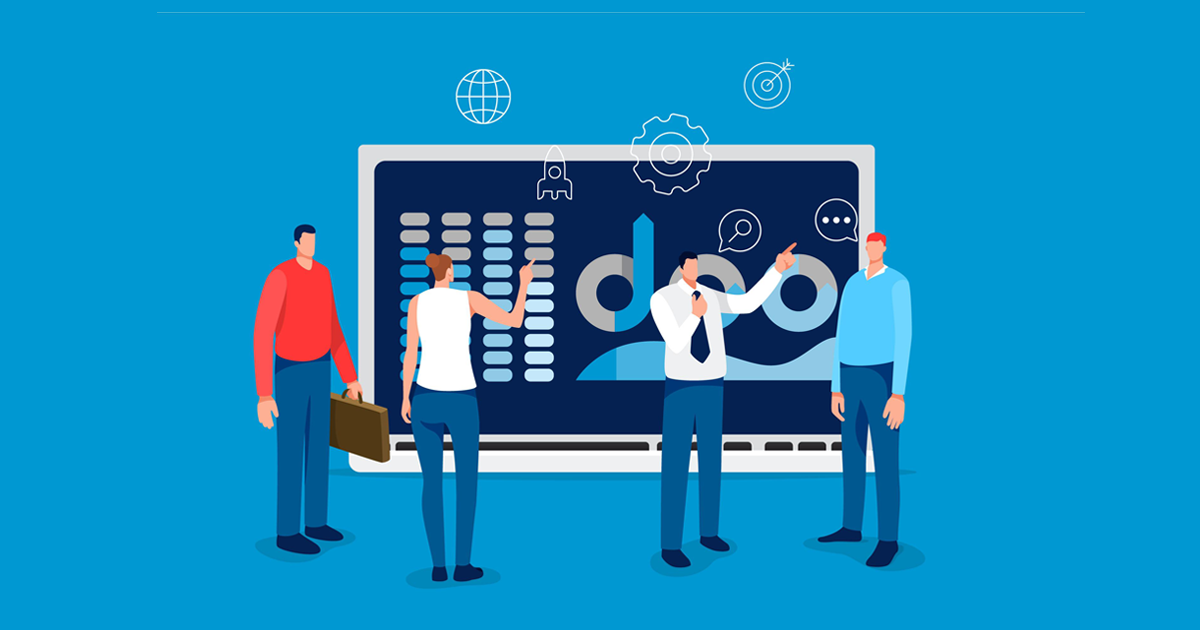When managing projects, businesses often rely on specialized software to streamline operations. Two common solutions are Project Management Software (PMIS) and Professional Services Automation (PSA) Software. While they may seem similar, they serve different purposes in an organization.
This blog post explores their key differences, helping you decide which is best for your needs.
1. Core Focus: Execution vs. Business Operations
Project Management Software (PMIS)
Focuses on execution-level tasks, helping teams track progress, assign tasks, and manage deadlines.
Used by project managers, team members, and coordinators.
Common features:
Task scheduling (Gantt charts, Kanban boards)
Resource allocation (team workload balancing)
Risk and issue tracking
Collaboration tools (comments, file sharing)
Examples: Microsoft Project, Jira, Asana, Trello.
Professional Services Automation (PSA) Software
Focuses on business operations, integrating project execution with financial and resource management.
Used by service-based firms (consulting, IT, marketing) for end-to-end project profitability tracking.
Common features:
Project accounting (cost tracking, invoicing, revenue recognition)
Resource management (skills matching, utilization rates)
Time & expense tracking (automated billing)
CRM & financial integrations
Examples: Nomon PSA, Kimble, FinancialForce PSA.
Key Difference:
PMIS is task-oriented (e.g., "Is the project on schedule?").
PSA is business-oriented (e.g., "Is this project profitable?").
2. Financial & Resource Management
PMIS: Limited Financial Tracking
Most PMIS tools do not deeply integrate with accounting systems.
Budget tracking is basic (e.g., planned vs. actual hours).
No automated invoicing or revenue recognition.
PSA: Built for Financial Control
Tracks project costs, revenue, and profitability in real-time.
Automates invoicing, expense approvals, and revenue recognition.
Links project data with ERP/accounting systems (e.g., SAP, QuickBooks).
Example:
A consulting firm uses PSA software to automatically bill clients based on logged hours, while PMIS only tracks task completion.
3. User Roles & Audience
PMIS: For Project Teams
Used by project managers, developers, and coordinators.
Helps with day-to-day task management.
PSA: For Executives & Finance Teams
Used by CFOs, service managers, and operations leaders.
Provides high-level insights (e.g., "Which projects are under budget?").
Analogy:
PMIS is like a foreman’s tool (tracking workers’ tasks).
PSA is like a CEO’s dashboard (tracking business health).
4. Integration & Scalability
PMIS: Standalone or Light Integrations
Often works as a standalone tool (e.g., Trello for task tracking).
May integrate with communication tools (Slack, Teams) but not deeply with ERP/accounting systems.
PSA: Enterprise-Grade Integration
Designed to connect with CRM (Salesforce), ERP (SAP), and accounting software.
Supports multi-company, multi-currency billing for global firms.
5. Which One Should You Choose?
Use Case | Best Fit |
Task tracking & team collaboration | PMIS (Jira, Asana) |
Service-based business (consulting, IT) | PSA (Nomon, FinancialForce) |
Need financial & project integration | PSA |
Agile/Scrum software teams | PMIS |
Hybrid Approach: Some companies use both—PMIS for execution (Jira) and PSA for financial tracking (Nomon).
Final Thoughts
PMIS is best for task and team management.
PSA is essential for service firms needing financial control.
If your business sells billable hours or projects, PSA software will provide end-to-end visibility into profitability. For pure task management, a PMIS tool may suffice.
What’s your experience with these tools? Let’s discuss in the comments!
References:
[1] SAP PS vs. PMIS (Project Management Software)
[3] What is PSA Software?
[6] Project Management Software Explained
[9] Benefits of PSA for MSPs


